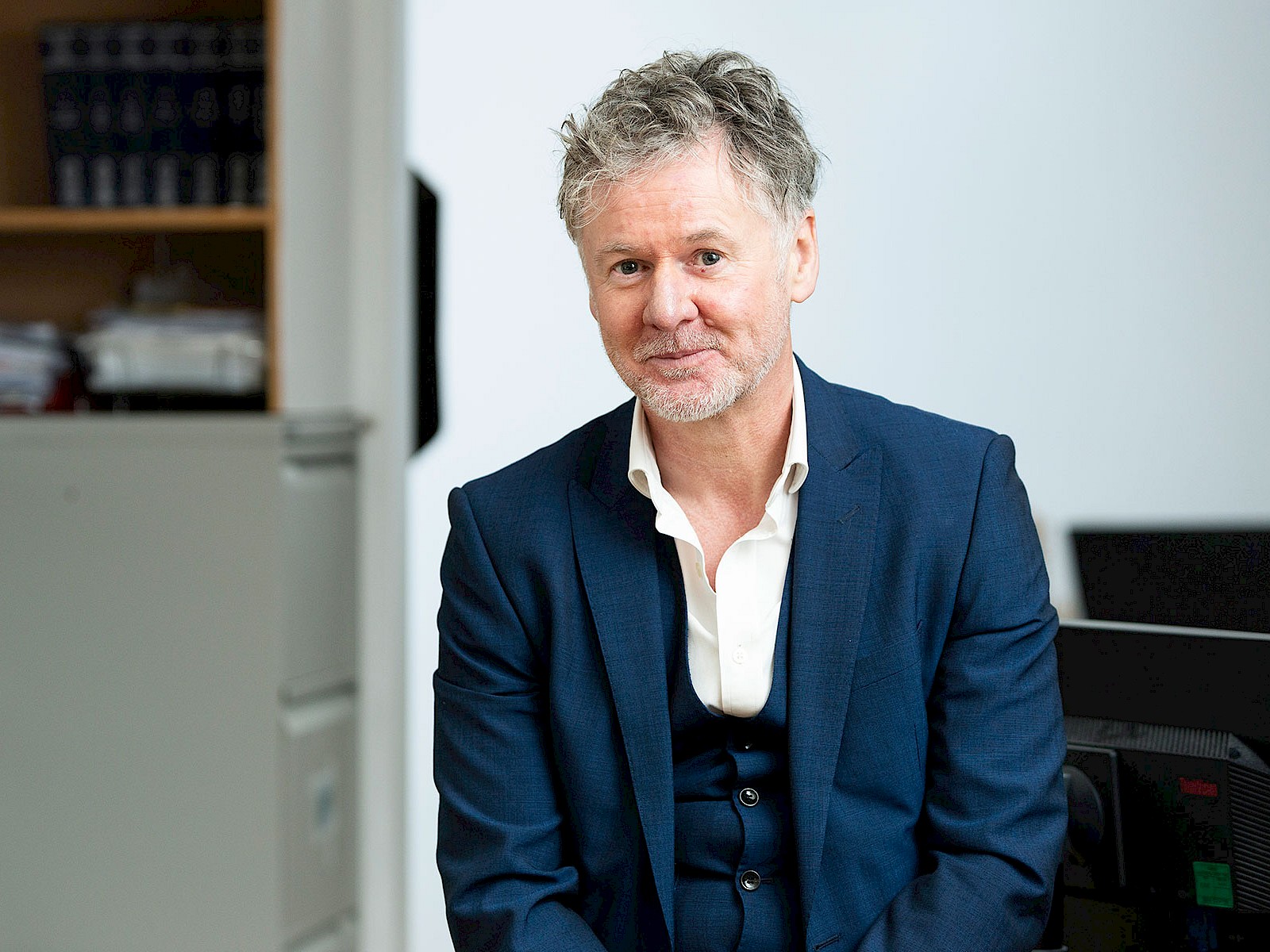Wills and Estates
It is sometimes said we are all worth more dead than alive. For anyone with a job, with a house, with a family, making a will is all but essential. If no will is made, the law provides a scheme of intestate succession which probably suits no-one, and if you leave no family, the government gets your estate.

Legal and Practical Guide to Wills & Estates in Scotland
When we have clients seeking to instruct us on making wills, the main preliminary event is a discussion or meeting between client and solicitor(this can be by video conference) to go over the legal matters arising, to advise on how the will is formed , to discuss what its effects are after death, and to give whatever legal information is required by the client.
Therefore we would ask you to note the following information: The main elements of a will are: - the appointment of an executor (who is the person who signs the legal papers, ingathers and then distributes the estate on behalf of the beneficiaries); an instruction to pay all debts at death; the listing of any individual legacies (gifts) to individuals; charities, friends and relations; and the division (into shares or percentages) of the residue of the estate ( you can also specify funeral arrangements and burial/cremation wishes). The will is signed (on every page) and witnessed (on the final page only). You can appoint any adult person as an executor – they can be a beneficiary or not, a family member or a friend, or even a professional person such as your solicitor. If you have children, then there is no rule that gives the eldest child , or the eldest son, any priority.
If no will is made, then the law provides a scheme of intestate succession. Broadly speaking if a person dies leaving a spouse, then the spouse gets the house, its contents, a sum of money (up to certain limits on all categories), and then shares the remainder with the children or other close relatives. There are financial limits on these shares and we can give you detailed advice for your particular case. If there is no spouse, then children share the remainder equally. If there are no children, then the rules become more complicated. However, the point we are making is that if you do not make a will, then you have no control over who gets what. If you don’t make a will, you cannot leave bequests to friends or charities, and you cannot give a loved relative a greater share than he or she would be entitled to in law. And if you have no blood relatives and make no will, the government gets the lot.
You cannot necessarily disinherit a child entirely, even if you wish to. You can will the house to whomever you wish, but any bank accounts, money, shares, life insurance proceeds and other items (i.e non-land assets and buildings) are known as moveable property and a child has a fixed share of these to which he or she is entitled automatically by law. In other words if your estate comprises solely your house, a child has no claim on this unless there is no will or you include the child in the will, but for everything else in your estate the child has a partial claim even if you seek to strike them out of succession.
No matter whether your child or children have a legal claim or you leave them money in your will, their spouses have no claim against your estate. However, if your own child were to die before you, then their own (i.e. your children’s) children would take their place for their claim and share it equally among them. This is known as Representation.
At the moment the inheritance tax (IHT) threshold is £650,000 (for married persons – half that for unmarried), and the Chancellor has indicated it is going to go up in stages over the next few years. You may think or assume that your estate is too low for you to be bothered about inheritance tax liability. However, none of us knows what money we are going to have by the time we die, and it is worth taking financial advice to plan ahead. Also remember that we are worth more dead than alive, if we are insured or have a pension. Finally on inheritance tax, whilst there is no inheritance tax liability between husband and wife, the liability is potentially there if husband and wife die in the same accident, or once the second spouse dies.
So whilst no-one wants to think of their own demise, it is important to plan for the succession to your estate. Our friendly, experienced solicitors in Glasgow, Newton Mearns, Hamilton and East Kilbride will talk to you in a practical way and advise you on how to deal with your property and money, and how to structure a suitable will. We will also check to see if you have any exposure to inheritance tax, and advise how to minimise it – that can be proof of the saying about being worth more dead than alive if you have insurance and pension benefits.
Start a conversation
Email us
enquiry@laffertylaw.comMessage us direct
Online enquiryCall your nearest branch
East Kilbride
01355 263777Glasgow – Giffnock
0141 621 2212Glasgow – Newton Mearns
0141 611 5221Hamilton
01698 477614Glasgow – City Centre
0141 363 3203
